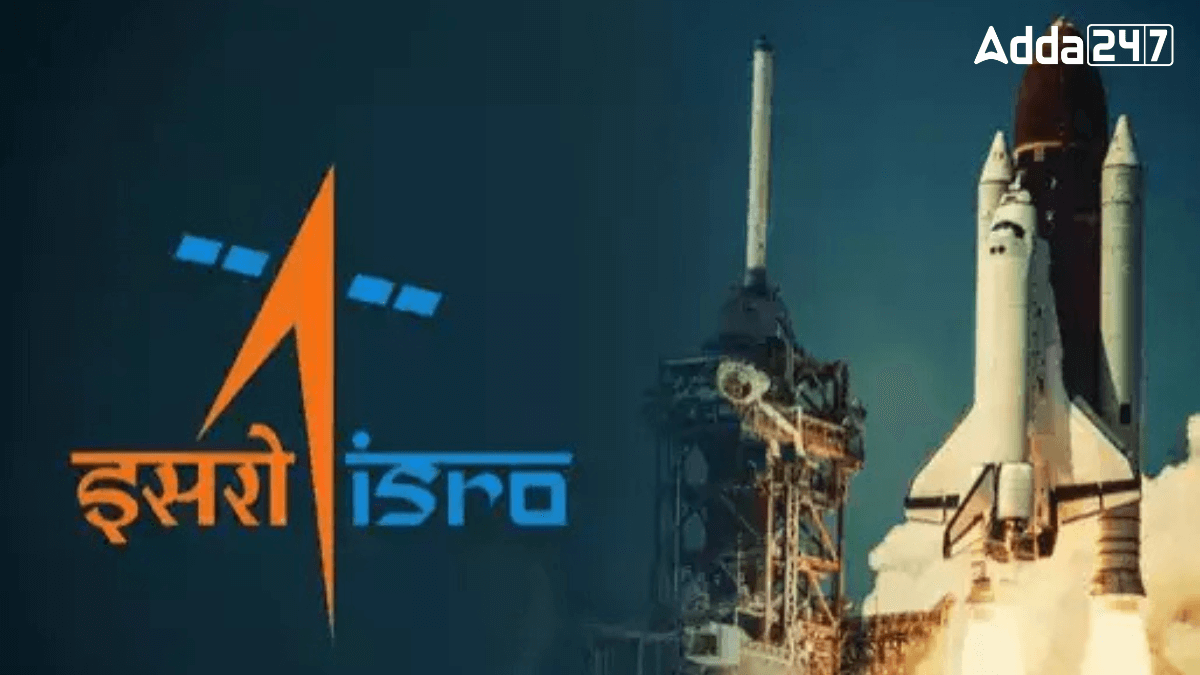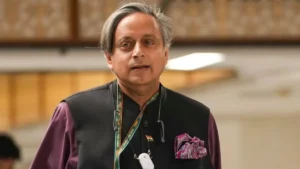The Indian Space Research Organization (ISRO) is one of the most respected space agencies in the world. It was founded by Dr. Vikram Sarabhai, an inspiring scientist and visionary. His contributions to space research helped India become a global player in space exploration. In this article, we will learn about his early life, career and the legacy he left behind.
Founder of ISRO
Vikram Sarabhai, an Indian physicist and visionary, is regarded as the founder of the Indian Space Research Organization (ISRO). He played a major role in establishing India’s space program and was instrumental in advancing the country’s nuclear energy sector. His vision and leadership laid the foundation of ISRO’s success.
Key Details About Vikram Sarabhai
- Date of birth: 12th August 1919
- Place of birth: Ahmedabad, Bombay Presidency, British India
- Parents: Ambalal Sarabhai
- Known for: Indian Space Program
- Awards: Padma Bhushan, Padma Vibhushan
- Death: 30th December 1971
- Place of death: Halcyon Castle, Trivandrum, Kerala
Early Life and Education of Vikram Sarabhai
Vikram Sarabhai was born on 12th August 1919 in Ahmedabad, India, into a Gujarati Jain family. His father, Ambalal Sarabhai, was a successful industrial and a supporter of the Indian independence movement. Vikram was passionate about science from an early age. He attended Gujarat College in Ahmedabad and later moved to the University of Cambridge in England, where he completed his degree in natural sciences. In 1947, he earned his Ph.D. from Cambridge, focusing on cosmic rays.
Indian Space Program
Vikram Sarabhai’s pivotal role in initiating the Indian Space Programme can’t be overstated. Witnessing the live transmission of the 1964 Tokyo Olympics through the American Satellite ‘Sycom-3’, he grasped the potential of space technologies for India. Following the launch of Sputnik 1 by Russia, Sarabhai persuaded the Indian government about the significance of a space program for the country’s development.
Establishment of ISRO
In 1962, the Indian National Committee for Space Research (INCOSPAR) was established to spearhead space research, eventually leading to the creation of the Indian Space Research Organization (ISRO) in August 1969. Sarabhai’s efforts culminated in the Thumba Equatorial Rocket Launching Station, a remarkable feet of infrastructure establishment along the coast of the Arabian Sea. He initiated programs to use space applications for development, exemplifier by the Satellite Instructional Television Experiment (SITE), which leveraged satellite communication to provide education to remote villages.
Professional Life and Achievements of Vikram Sarabhai
Vikram Sarabhai is widely known for his contributions to space research and nuclear energy. He founded the Physical Research Laboratory (PRL) in 1947, which became the cradle of space sciences in India. PRL initially focused on cosmic ray research and later expanded to other areas like radio physics and theoretical physics.
Sarabhai also played a key role in establishing several important institutions in India, including:
- Indian Institute Management Ahmedabad (IIMA): One of India’s top business schools.
- Space Applications Centre: A significant part of ISRO.
- Electronics Corporation of India Limited (ECIL): A leader in electronics and technology.
- Uranium Corporation of India Limited (UCIL): Focused on uranium mining and nuclear energy.
Legacy and Honors to Vikram Sarabhai
Vikram Sarabhai’s contributions to science and technology earned him several accolades. He was awarded the Padma Bhushan in 1966 and the Padma Vibhushan (posthumously) in 1972. He passed away on 30 December 1971 at the age of 52, but his legacy lives on.
Several institutions and projects have been named in his honor:
- Vikram Sarabhai Space Centre (VSSC): A leading space research center in India.
- Vikram Sarabhai Community Science Centre (VASCSC): A center focused on science education in Ahmedabad.
- Vikram Sarabhai Journalism Award: An award presented by ISRO to journalists for their contribution to space science and technology.
Basic Details Indian Space Research Organization (ISRO)
- Formed: 15th August, 1969
- Headquarters: Bangalore, Karnataka
- Preceding Agency: INCOSPAR
- Type: Space Agency
- Founder: Vikram Sarabhai
- Present Chairman: Sreedhara Somnath
The Indian Space Research Organization, commonly referred as ISRO, is the national space agency of India. It operates as the primary research and development arm of the Department of Space (DoS), which is directly overseen by the Prime Minister of India and the Chairman of ISRO acts as the executive of DoS.



 Which Lake is known as the Jewel of Udai...
Which Lake is known as the Jewel of Udai...
 Which is the Largest Banana Producing St...
Which is the Largest Banana Producing St...
 Shashi Tharoor Conferred Honorary D.Litt...
Shashi Tharoor Conferred Honorary D.Litt...








